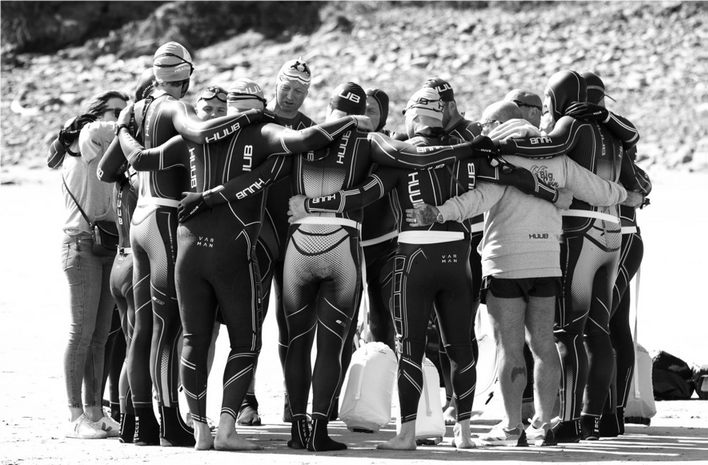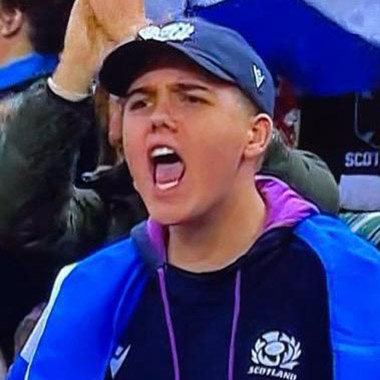Tackling the NDD crisis in football – what are the possible solutions?

Caitlin Stiles, granddaughter of Nobby Stiles
As a final year law student, I had come to encounter much legal theory throughout my degree studies. Yet, I came to challenge Aristotle’s view that “the law is reason, free from passion”, upon choosing my dissertation topic. Apologies to all my degree teachers that warned us on our first day of Law School, never to try and start any piece of written work with a quote from Ancient Greek Philosophers. I’m sure I’ll be forgiven considering that my dissertation topic became and remains a ‘passion project’ of mine, as the 12,000 words were not one of black letter law and statutes in white books but one of a personal dedication, to my grandad Nobby.
Given my personal experience with dementia in football, it was clear that I was biased – but my goal was not to engage in a ‘blame game’ but instead use the research available to propose solutions, spurred on by the increasing number of anecdotal accounts shared by families of former players suffering from NDDs caused by the game they loved. Following on from Glasgow Brain Injury Research Group’s FIELD conclusions, I like many of former footballer’s families affected by neurodegenerative diseases (NDDs) now had scientific evidence that footballers were three and a half times more likely to develop neurodegenerative diseases in comparison to the general population – so how could the law intervene to protect player welfare?
The need to protect player welfare is not unique to football governing bodies. Litigation in other sports with high instances of neurodegenerative diseases, such as boxing had established that governing bodies have a duty of care to protect player safety and prioritise player wellbeing as regulators of the game. I set out to research possible proposals that governing bodies could implement both on and off the field.
It was important to me to consider appropriate on the field responses, in order to evaluate ways that governing bodies can reduce the risk to players during their careers and protect the future generation of footballers from the risk of NDDs at all levels (professional & grassroots). As research such as the FIELD study develop, governing bodies and the game’s legislators have a duty to proactively develop guidelines that reflect the risk as evidence develops.
I have welcomed recent developments such as banning on heading in youth training, yet the voices of critics arguing against these developments perfectly illustrate the need for more research and education to tackle the NDD problem.
During these strange times, the covid pandemic has highlighted the power of research in informing the public and reducing risks. Ironically, the on the field response that I proposed was an ‘injury surveillance scheme’ – similar to that of the track and trace model which has dominated headlines during the pandemic. We have seen how monitoring the level of risk, informs further responses effectively. As an injury surveillance scheme would allow clubs and governing bodies to track the risk of players for example by monitoring sub-concussive impacts during training, which could then inform further developments in the game to reduce the risk on the field.
The implementation of a widespread scheme across football could facilitate much needed awareness and education on the risks of NDDs in sports. As a sports fan myself, the benefits of sport are clear, however myths such as ‘heavier balls used in the 70s’ or beliefs that the older generation of footballers ‘smoked and went down to the pub’ illustrate the need for awareness and education to successively ‘tackle’ football’s NDD crisis.
The stories of those affected by NDDs paint a vivid picture of the need to access social care yet currently, the social care system is difficult and expensive to navigate. With this in mind, I proposed a no-fault compensation scheme, ran by governing bodies that streamlined the compensation process; so that those who need funds to access social care can do so quickly without the needs for means testing, or patchwork approaches that helped ‘where they could’.
I considered the New Zealand Accident Compensation Scheme as a model for a potential scheme, which administers compensation without having to establish fault to those in need. I evaluated the scheme due to New Zealand’s success and longevity in providing compensation, yet the crux of the argument was that hundreds of former players suffering with NDDs need care or financial assistance. Assistance could however take one of many forms such as recognition of NDDs in football as an Industrial Disease which would at least give players some assistance in the form of Industrial Disablement benefit.








